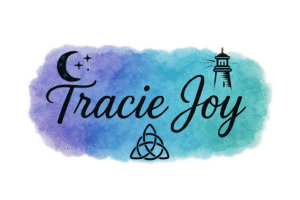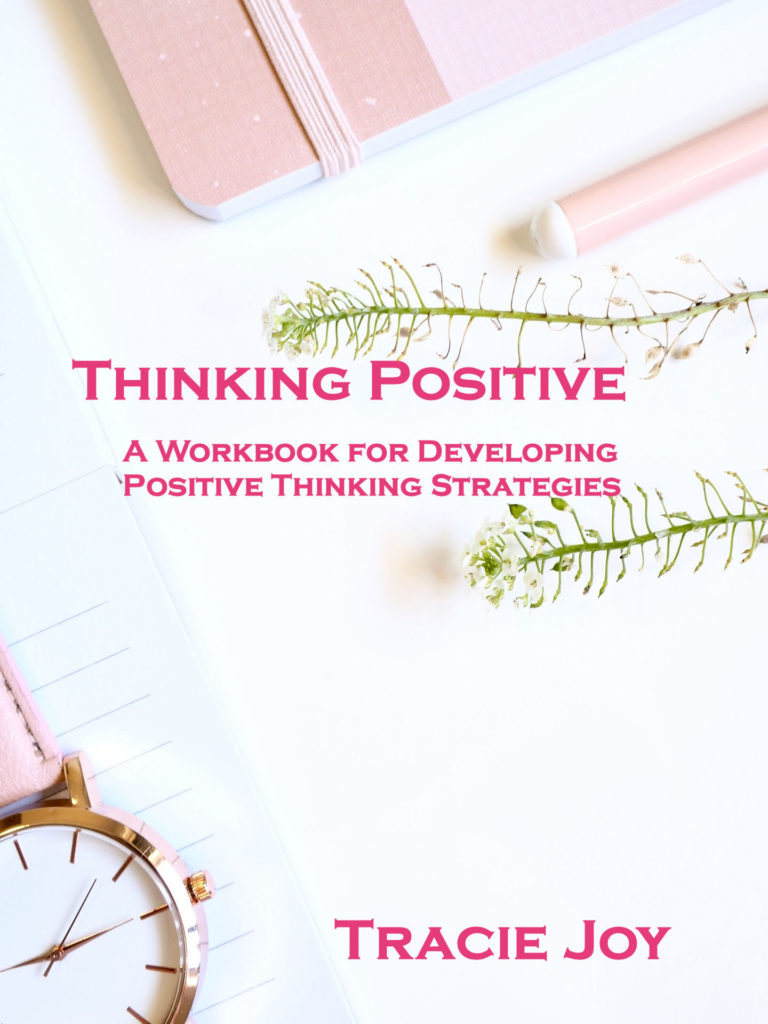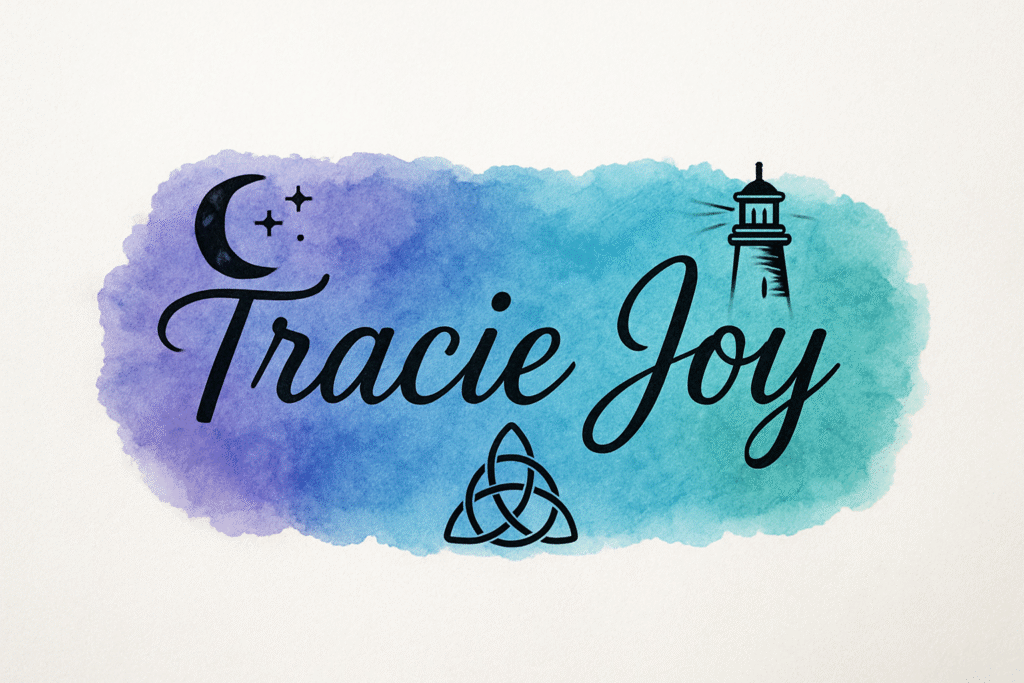Journaling Prompts for Creative Writers to Spark Imagination
Journaling prompts for creative writers are incredibly useful if you’ve ever stared at a blank page, unsure where to begin, you’re not alone. Even the most seasoned authors face creative droughts from time to time. These thought‑provoking starting points can help you tap into hidden stories, deepen your character work, and experiment with new writing styles. Whether you’re crafting novels, poetry, memoirs, or screenplays, journaling can become your most trusted tool to keep creativity flowing.
Why Journaling Is Essential for Creative Writers
Journaling isn’t just a diary of daily events—it’s an ongoing conversation with your creative mind. It’s where you can explore wild ideas without worrying about word counts, grammar, or what others might think. Using journaling  prompts for creative writers turns that open space into a guided exploration, helping you focus your imagination while still allowing room for discovery.
prompts for creative writers turns that open space into a guided exploration, helping you focus your imagination while still allowing room for discovery.
For many writers, journaling is the equivalent of warming up before a big performance. It loosens mental tension, flexes your storytelling muscles, and puts you in the right mindset to create. As The Writer notes, journaling builds both discipline and emotional connection to your work—two things every writer needs to thrive.
The Importance of Using Prompts
One of the greatest challenges in writing is figuring out where to start. Even when you have a big project in mind, that first step can feel overwhelming. This is where journaling prompts for creative writers shine—they give you a clear direction, removing the “what should I write about?” barrier and allowing you to focus on how you tell the story.
Prompts push you beyond your comfort zone. If you normally write realistic fiction, a fantasy‑based prompt can spark fresh imagery. If you tend to focus on plot, a sensory‑based prompt can deepen your description skills. Over time, these little nudges create a richer, more versatile writing style. They also encourage experimentation without risk—because your journal is private, you can take creative chances you might avoid in a public piece of writing.
How Prompts Can End Writer’s Block
Writer’s block isn’t always about a lack of ideas—it’s often about fear. Fear of writing something bad, fear of not living  up to your own standards, or fear of wasting time. Journaling prompts for creative writers help bypass those fears by shifting your mindset from “I must create something perfect” to “I’m just responding to this small challenge.”
up to your own standards, or fear of wasting time. Journaling prompts for creative writers help bypass those fears by shifting your mindset from “I must create something perfect” to “I’m just responding to this small challenge.”
- They remove decision fatigue. You no longer need to choose a topic—you can start immediately.
- They spark emotional engagement. Many prompts tap into memory, imagination, or curiosity, which activates your creative brain.
- They create momentum. Once you’ve written even a few sentences, you’re more likely to keep going.
- They reduce pressure. Since prompt‑based journaling isn’t intended for publication, you’re free to explore without judgment.
For more strategies, see my post How to Overcome Writer’s Block, where I explain how low‑stakes exercises—like prompts—can help you bypass perfectionism and reconnect with your natural flow.
Types of Prompts for Different Creative Goals
Journaling prompts for creative writers aren’t one‑size‑fits‑all. The kind of prompt you choose can depend on your current needs:
- For character development: Write from your character’s perspective about a moment of deep regret.
- For worldbuilding: Describe the soundscape of a marketplace in your story’s world.
- For emotional connection: Write about the first time your protagonist experienced loss.
- For plot inspiration: Imagine a character receives a mysterious object in the mail—what happens next?
- For descriptive practice: Describe a setting without naming any objects, using only sensations and atmosphere.
How to Make Prompt Journaling a Long‑Term Habit
To get the full benefits of journaling prompts for creative writers, consistency is key. Here’s how to make it stick:
- Choose a set time each day. Morning pages, lunch breaks, or right before bed work well.
- Limit your session. Ten to fifteen minutes is enough to keep momentum without burnout.
- Track your progress. Keep a list of prompts you’ve completed—this builds motivation.
- Mix it up. Alternate between emotional, descriptive, and plot‑based prompts to strengthen different writing skills.
- Review your entries. Every month, read through your responses. You might find hidden gems worth expanding into full stories.
 If you want to sharpen your descriptive abilities alongside your prompt work, check out Writing Powerful Descriptions Without Overwriting for practical techniques to make your scenes vivid without bogging them down.
If you want to sharpen your descriptive abilities alongside your prompt work, check out Writing Powerful Descriptions Without Overwriting for practical techniques to make your scenes vivid without bogging them down.
The Benefits Beyond Creativity
Regularly using journaling prompts for creative writers offers more than just better storytelling—it strengthens your overall creative resilience.
- Emotional clarity: Prompts help you process your own feelings through fictional lenses.
- Skill variety: You practice dialogue, description, pacing, and emotional beats without overthinking them.
- Idea generation: Many published works start as small journal exercises.
- Confidence: The more you write without fear, the more naturally your authentic voice emerges.
According to Psychology Today, journaling improves both mental clarity and emotional health—two essential components for sustained creativity.
Final Thoughts
Journaling prompts for creative writers aren’t just filler exercises—they’re lifelines for when your creativity feels drained, your confidence wavers, or your projects lose momentum. They can guide you out of a block, push you into unexplored creative territory, and keep your storytelling instincts sharp.
Even ten minutes a day can build a habit that transforms your writing life. So grab your favorite notebook or open a fresh document, pick a prompt, and start writing. The story you’ve been waiting to tell might just be on the other side of that first sentence.
Ready to end the blank‑page stare? This year‑long collection gives you one focused spark every day—org anized by theme—so you can strengthen character work, expand worldbuilding, ignite plot and conflict, deepen emotional resonance, and sharpen descriptive craft in quick, no‑pressure sessions. Start now: download the 365 Journal Prompts (PDF) and keep it handy on your phone, tablet, or laptop for a daily 10–15 minute creativity boost.
anized by theme—so you can strengthen character work, expand worldbuilding, ignite plot and conflict, deepen emotional resonance, and sharpen descriptive craft in quick, no‑pressure sessions. Start now: download the 365 Journal Prompts (PDF) and keep it handy on your phone, tablet, or laptop for a daily 10–15 minute creativity boost.



